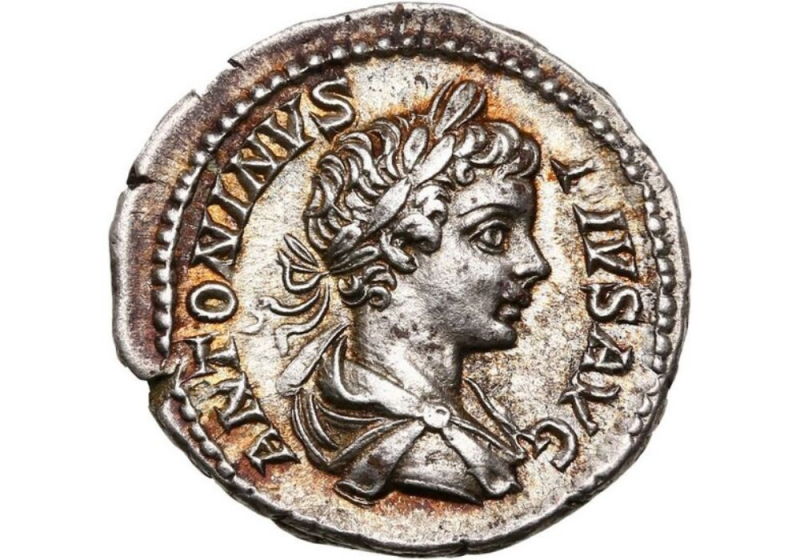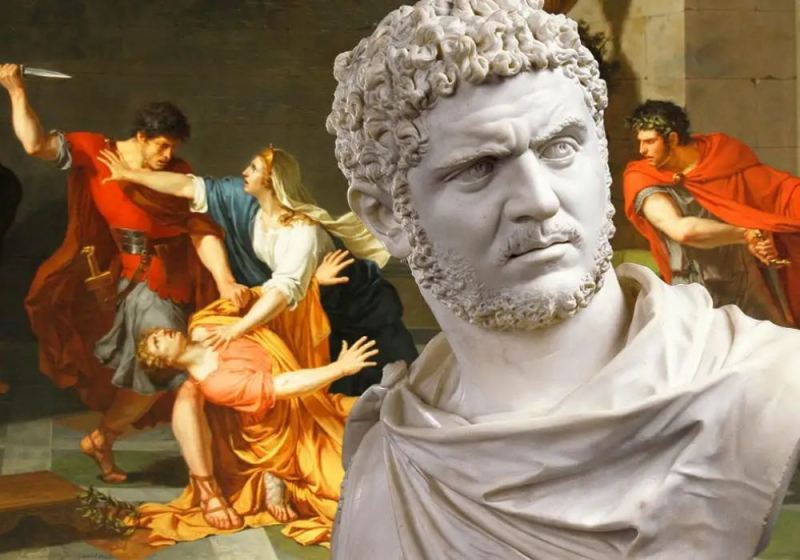Caracalla

After rising to power alongside his brother, Caracalla decided he couldn't share and ordered the death of his competitor sibling, the massacre of his supporters, and the Senate's formal erasure of his memory from history. When he was in charge, the person Gibbon, the eminent Roman historian, referred to as "the common enemy of mankind," spent little time in Rome and instead chose to emulate his hero, Alexander the Great, by conquering parts of Africa and the Middle East.
He revived Alexander's now-outdated military strategies and punished Aristotelian philosophers, who according to tradition had murdered his hero. He was irritated by a dramatic parody of his excesses that was performed in Alexandria. He marched his army into the city and massacred its prominent citizens before releasing his soldiers to engage in days of plundering that resulted in the deaths of 20,000 people.
Caracalla's rule of the empire, which may or may not have been significantly affected by Julia Domna and the brilliant jurists who were around him, had little to do with whether he was a lunatic or a tyrant. There is no evidence that he was particularly despised by the general populace; rather, his troops pushed the Senate to deify him after his death because they held him in such high regard. Regardless, the Roman Empire at the time was still powerful enough to support a leader who undoubtedly lacked the traits of a distinguished emperor.
Time: 198 - 217 AD






